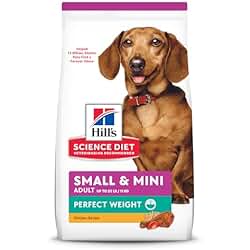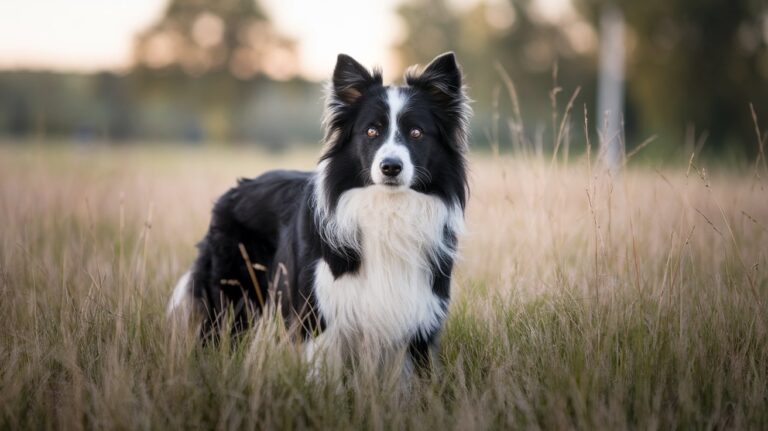100% Best Dog Food for Newfoundland Dogs: Ensuring a Healthy and Happy Giant
Newfoundland dogs are known for their massive size, gentle nature, and loyal personality. As one of the largest dog breeds, they have specific dietary needs that, if not met, can lead to health issues. Finding the best dog food for Newfoundland dogs is essential to keeping them healthy and ensuring they live a long, vibrant life.
In this article, we’ll explore the best types of dog food for Newfoundland dogs, important nutritional considerations, and some personal experiences from Newfoundland owners. Whether you’re already a proud Newfoundland owner or considering welcoming one into your home, this guide will help you make informed decisions about feeding your giant furry companion.
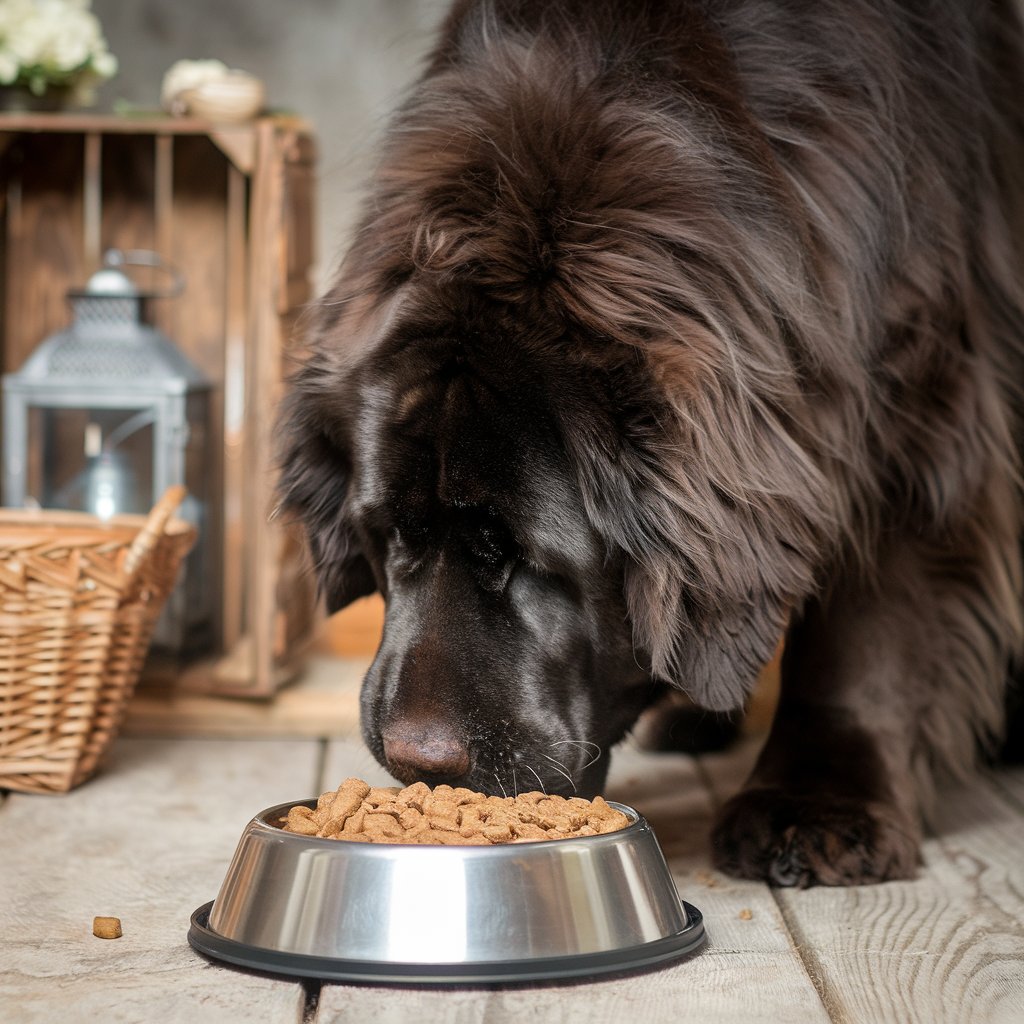
Nutritional Needs of Newfoundland Dogs
Newfoundlands are classified as giant-breed dogs. Their large size demands a diet tailored to their specific growth and health requirements. The right dog food will help prevent common issues like joint problems, obesity, and heart disease, which are more prevalent in larger breeds.
Key nutrients your Newfoundland needs include:
- Protein: Essential for muscle development and repair, protein is the foundation of a healthy diet. For Newfoundlands, a high-quality protein source, such as chicken, lamb, or fish, is crucial. Look for dog foods with at least 20-25% protein.
- Fat: Fat provides the necessary energy for large dogs and helps maintain a shiny coat. However, it’s important not to overfeed, as obesity can lead to joint problems and other health issues. Aim for dog food with around 12-15% fat content.
- Calcium and Phosphorus: These minerals support bone growth and joint health, which is especially important for a large breed like the Newfoundland. Ensure the food has balanced calcium-to-phosphorus ratios to promote healthy skeletal development.
- Omega Fatty Acids: Omega-3 and Omega-6 fatty acids are essential for reducing inflammation and supporting skin and coat health. They also aid in cognitive function and heart health.
- Glucosamine and Chondroitin: These are vital supplements for promoting joint health, particularly in large breeds prone to hip dysplasia, like the Newfoundland. Many high-quality dog foods for large breeds include these joint-supporting compounds.
- Carbohydrates: Newfoundlands need a steady source of energy, but it’s best to opt for complex carbs like sweet potatoes, oats, or brown rice, which provide sustained energy without causing a spike in blood sugar.
- Vitamins and Antioxidants: Vitamins such as A, C, and E help boost immunity, while antioxidants support overall health and longevity.
Best Types of Dog Food for Newfoundland Dogs
Here are some of the best options when it comes to choosing the right dog food for your Newfoundland:
Orijen Large Breed Puppy or Adult Dog Food
- Why It’s Great: Orijen is renowned for its biologically appropriate dog food. Their large-breed formulas are packed with fresh, whole-animal ingredients like chicken, turkey, and fish. It’s high in protein (about 38%) and provides essential nutrients for muscle development and joint health.
- Story: A Newfoundland owner shared that after switching to Orijen, her dog’s coat became shinier, and he had more energy during walks. The dog had suffered from occasional joint discomfort, which significantly reduced after a few months on this food.
Royal Canin Giant Breed Adult
- Why It’s Great: Specifically designed for giant breeds, Royal Canin provides balanced nutrition with glucosamine and chondroitin for joint support. It’s tailored to the slower metabolism of giant breeds and ensures they don’t gain excessive weight.
- Story: One owner mentioned that his Newfoundland used to suffer from minor mobility issues, but after switching to Royal Canin, the improvement in joint health was noticeable. His dog was able to walk longer distances and appeared more comfortable during playtime.
Blue Buffalo Life Protection Formula Large Breed
- Why It’s Great: This formula is packed with real meat (usually chicken) and wholesome grains like brown rice. It’s designed to support joint health with glucosamine and chondroitin, and it’s free from artificial preservatives and fillers.
- Story: Another Newfoundland owner praised Blue Buffalo for helping her dog maintain a healthy weight. Before switching, her dog was slightly overweight, and with Blue Buffalo, she managed to shed those extra pounds while still maintaining energy levels.
Wellness Complete Health Large Breed
- Why It’s Great: This formula is perfect for promoting overall wellness in large dogs. With deboned chicken, glucosamine for joint health, and balanced calories, it’s a good option for Newfoundland dogs who need a balanced diet without any extra fillers.
- Story: One Newfoundland owner found that Wellness helped her dog stay active and playful well into his senior years. His energy levels remained high, and he showed no signs of the joint stiffness that many older dogs experience.
Homemade Dog Food: A Personal Approach
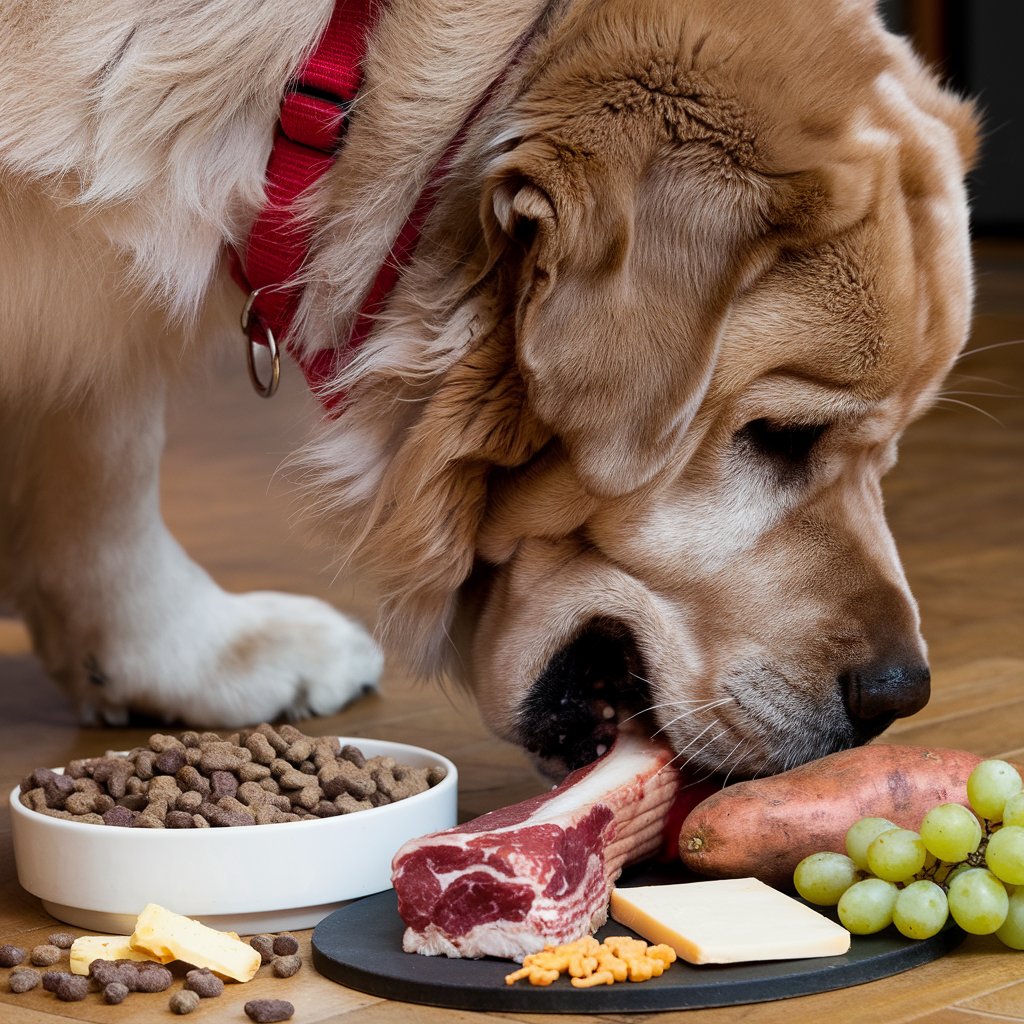
For some Newfoundland owners, homemade meals are a preferred option. When done right, homemade dog food can offer complete control over the ingredients, ensuring that only the best goes into your dog’s bowl.
Personal Experience: I once met a Newfoundland owner at a dog park who swore by a homemade diet for her giant dog. She would cook a mix of lean ground beef, sweet potatoes, peas, and carrots, adding fish oil for omega-3s and a joint supplement recommended by her vet. Her Newfoundland, Ben, was incredibly fit for his size and had a coat that looked like it was straight out of a shampoo commercial.
While homemade meals can be beneficial, they do require careful planning to ensure that all of the dog’s nutritional needs are met. It’s always best to consult with a veterinarian or pet nutritionist before switching to homemade dog food to avoid any deficiencies.
Feeding Schedule for Newfoundland Dogs
Maintaining a regular feeding schedule is crucial for large-breed dogs like the Newfoundland to prevent bloating, a potentially life-threatening condition. Here’s a recommended feeding plan:
- Puppies (up to 6 months): 3 meals a day
- Adolescents (6 to 18 months): 2 to 3 meals a day
- Adults (18 months and older): 2 meals a day
Personal Tip: I’ve found that splitting my dog’s meals into two smaller portions has helped him maintain a healthy weight and energy level. Feeding a large dog once a day can lead to bloating and discomfort, especially if they eat too quickly.
Common Feeding Mistakes to Avoid
- Overfeeding: Newfoundlands are prone to obesity, which can exacerbate joint issues. Make sure to follow the recommended portion sizes on your dog food packaging and adjust based on your dog’s activity level.
- Feeding Human Food: Some human foods are toxic to dogs, such as chocolate, onions, and grapes. Even healthy foods in large quantities, like cheese or fatty meats, can lead to gastrointestinal issues and weight gain.
- Skipping Supplements: Large breeds need additional support, particularly for their joints. If your dog food doesn’t contain glucosamine or chondroitin, ask your vet about adding these supplements to their diet.
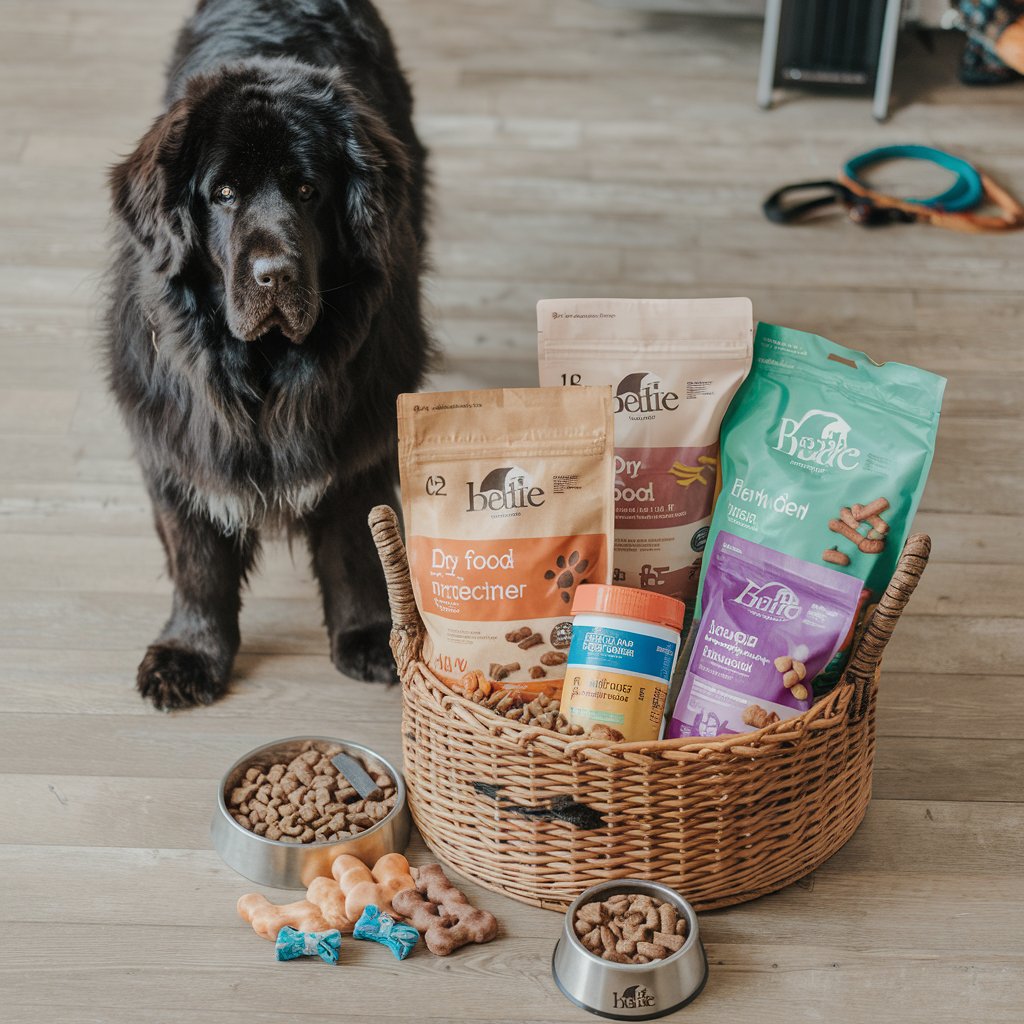
Conclusion
Feeding your Newfoundland the best dog food tailored to their unique needs is one of the most important things you can do as a responsible dog owner. Whether you opt for high-quality commercial dog food or go the homemade route, ensuring that your dog gets the proper nutrients is key to their health and happiness.
By selecting the right dog food and maintaining a balanced diet, you can help your Newfoundland thrive and enjoy a long, healthy life filled with energy, vitality, and playfulness. Just like with any family member, the time and care you invest in their diet will undoubtedly pay off in the form of a happy and loyal companion.

